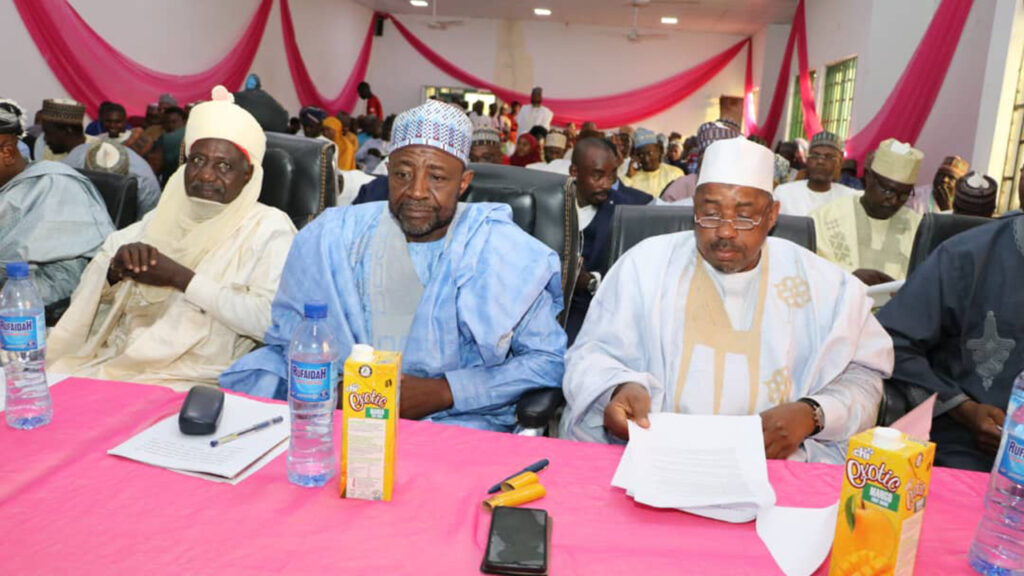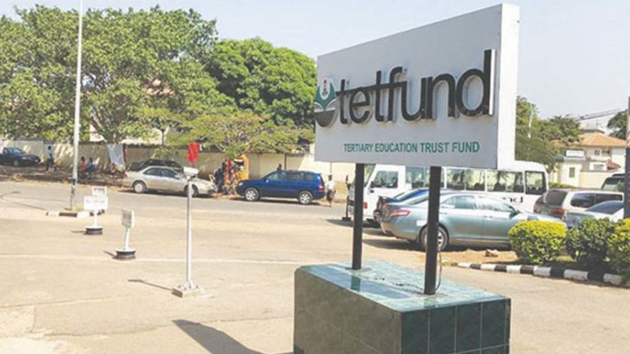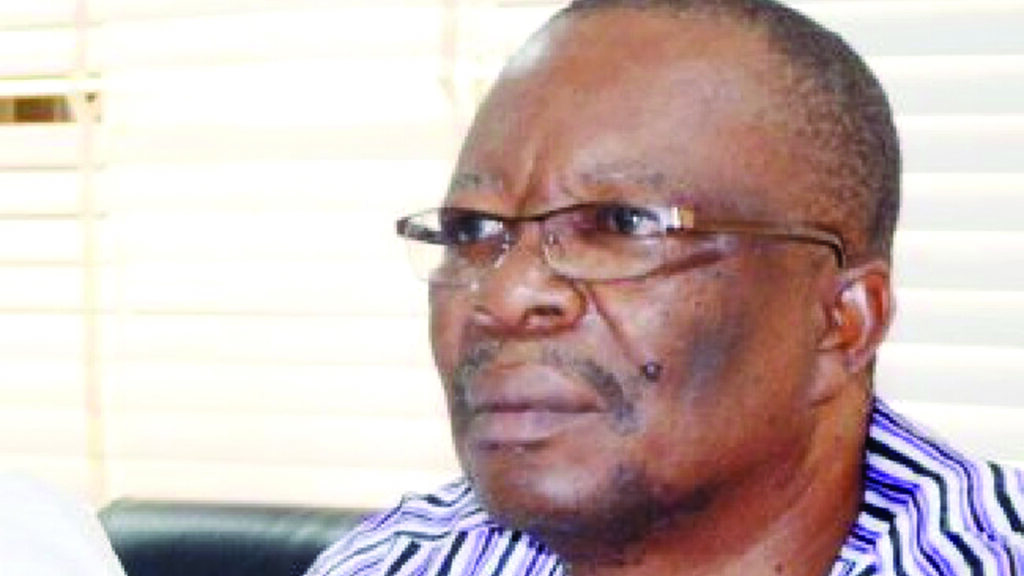
A former Executive Vice Chairman and Chief Executive of the National Agency for Science and Engineering Infrastructure (NASENI), Prof. Mohammad Sani Haruna, has said only technical education can help Nigeria to overcome its security and economic challenges.
He said it is possible to save the naira from continue depreciation when the nation returns to manufacturing with local raw materials. He said it was high time for the nation to adopt the Asian Tiger model to attain industrial development.
Haruna made the submissions in a paper at the maiden convocation of the Federal Polytechnic, Daura. He said: “Technical education is as important in our national life today next to only food security and the nation security.
“In fact, technical education is part of the solution to our security challenges and economic woes. The others include qualitative leadership and unity.
“As a nation, we are now at crossroads to get it right; and consistently, so, because development in cutting edge technologies better known as frontier technologies have shown tendencies to widen the socio-economic gaps between the advanced and developing nations in one hand; and between the third world and developing countries on the other hand.
“These technologies include artificial intelligence; robotics; the internet of things (IoT); big data; block chain; additive manufacturing; autonomous vehicles; unmanned aerial vehicles (UAV); gene editing; 5G network; and the recent innovation of the high-efficient solar cell that can produce a thousand times more power than silicon based solar cells.
“Despite the opportunities and high potentials of sustainable development brought about by these elements of the fourth industrial revolution, they risk increasing the inequalities by escalating and creating new digital divides between “the technology haves and the have nots. This means we can remain only consumer nations for generations after generations and perhaps until the end of time.”
Haruna cited examples of many countries with technological breakthrough with limited resources. He said: “Indeed, countries without natural resources even with regular disasters and extreme weather conditions are among the developed nations due to deployment of science, technology, and innovation. For instance, Japan experiences an average of six earthquakes per annum. They also annually experience typhoons, floods, landslides, had the most devastating tsunami among others. Yet, they import raw materials from elsewhere and with value addition generates more profits due to know-how than the country of origin of these raw materials.”













